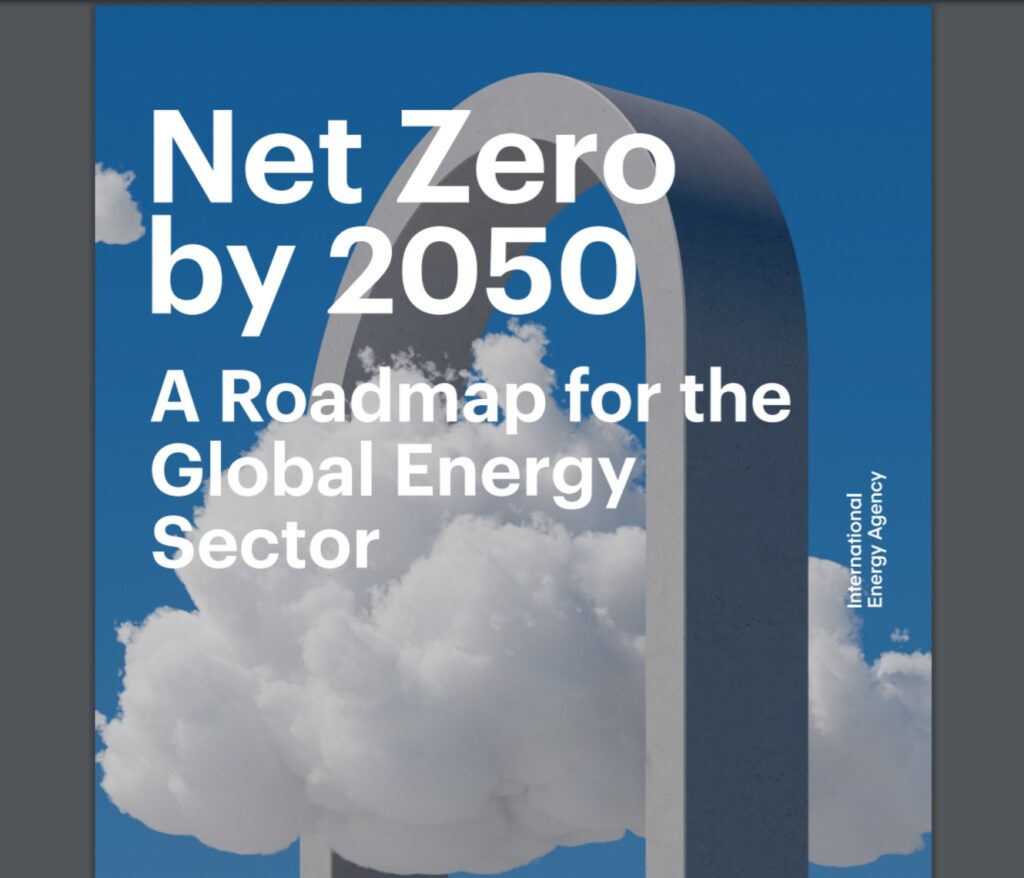This report is the world’s first comprehensive study of how to transition to a net zero energy system by 2050 while ensuring stable and affordable energy supplies
Please note that this article and any associated images were originally published by the IEA, here.
This special report is the world’s first comprehensive study of how to transition to a net zero energy system by 2050 while ensuring stable and affordable energy supplies, providing universal energy access, and enabling robust economic growth. It sets out a cost-effective and economically productive pathway, resulting in a clean, dynamic and resilient energy economy dominated by renewables like solar and wind instead of fossil fuels. The report also examines key uncertainties, such as the roles of bioenergy, carbon capture and behavioural changes in reaching net zero.
The report acknowledges the role that DHC networks can play in a transition to sustainable heating and cooling. In reference to a phase-out of fossil fuel boilers: ‘Which alternatives are best will depend to some extent on local conditions, but electrification will be the most energy‐efficient and cost‐effective low‐carbon option in most cases, and decarbonising and expanding district energy networks is likely to make sense where densities allow.’
‘District heat networks remain an attractive option for many compact urban centres where heat pump installation is impractical, in the Net‐Zero Emissions Scenario they provide more than 20% of final energy demand for space heating in 2050, up from a little over 10% today.’
